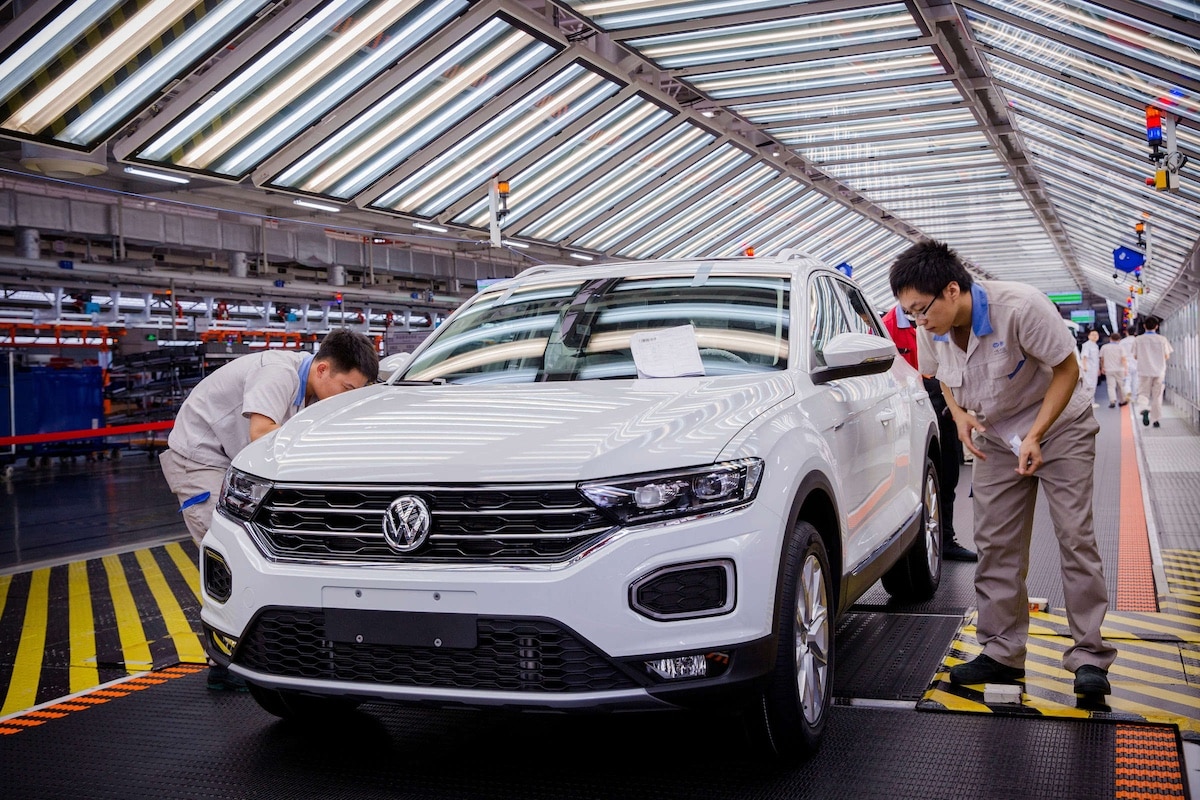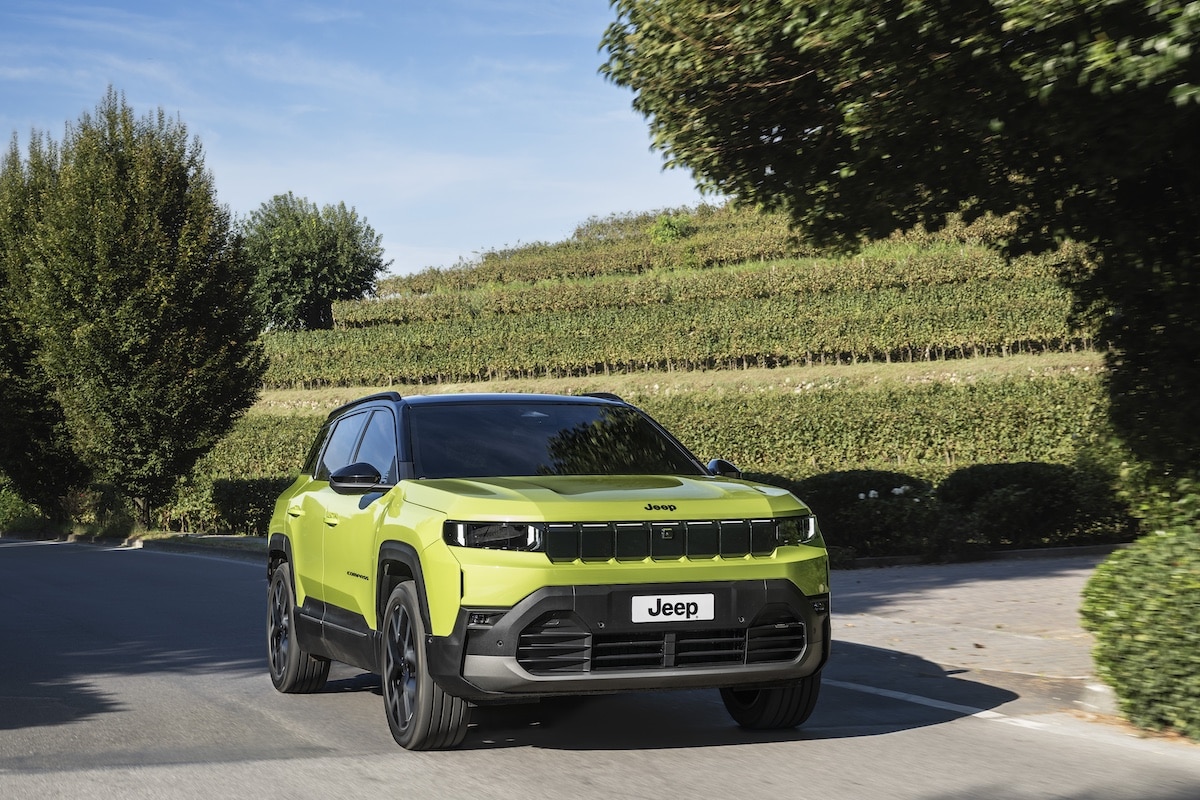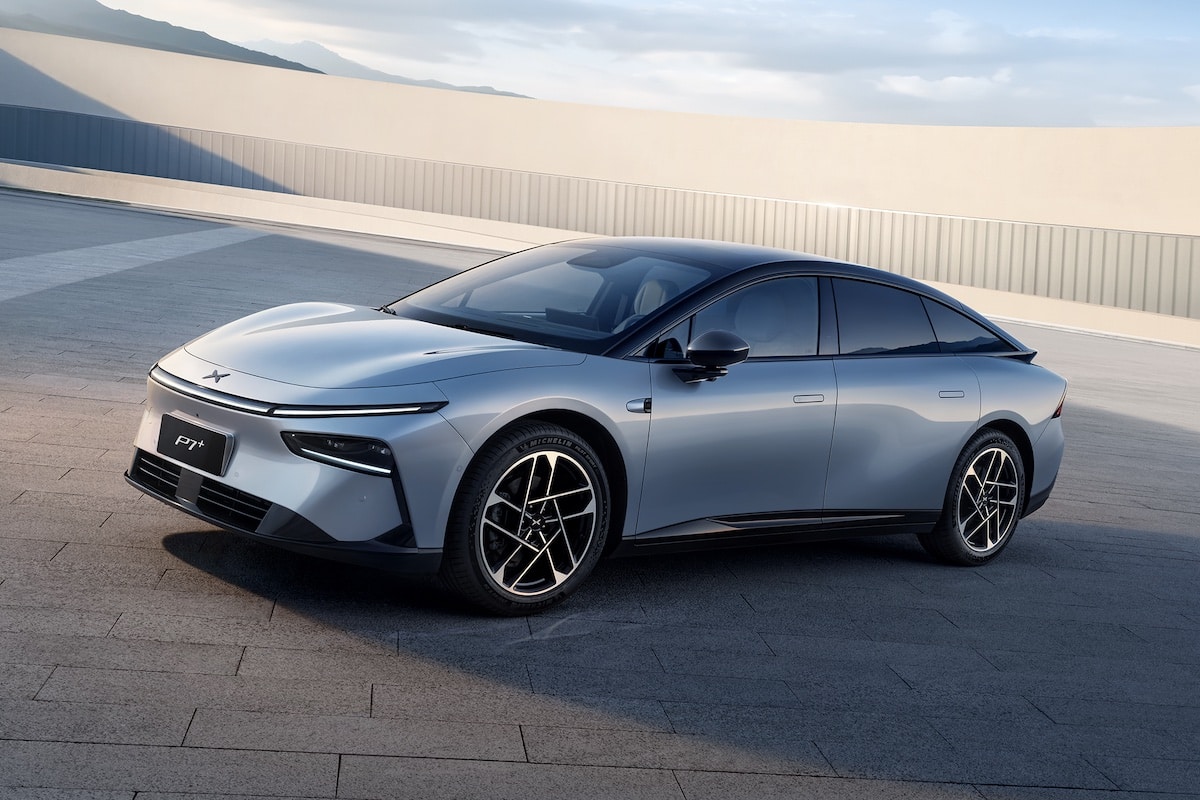Is Volkswagen Selling Its Soul to China?

Volkswagen, a pillar of the German automotive industry, is undoubtedly going through the most turbulent period in its rich history.
This rough patch for Volkswagen is characterized by financial challenges and increased competition, notably from Chinese manufacturers. Faced with this situation, the company has decided to fight fire with fire and has strengthened its partnerships in China, raising questions about potential compromises to its identity in favor of the Chinese threat.
Volkswagen Group China has just announced a memorandum of understanding with the rising star XPENG, dubbed the Chinese Tesla, to develop one of the largest ultra-fast charging networks in China. This agreement provides mutual access to over 20,000 charging stations spread across 420 cities, as well as the creation of co-branded charging stations. This collaboration is part of a series of strategic initiatives between the two companies, including Volkswagen’s acquisition of a 4.99% stake in XPENG in 2023 and the joint development of electric models scheduled for 2026.
Volkswagen on a Tightrope
Furthermore, Volkswagen is engaged in several joint ventures in China, notably with SAIC Motor and FAW Group. SAIC Volkswagen, founded in 1984, produces vehicles under the Volkswagen, Škoda, and Audi brands. Similarly, FAW-Volkswagen, established in 1991, manufactures models for Volkswagen and Audi. These partnerships have been crucial for Volkswagen’s expansion in China, the world’s largest automotive market, but the balance of power seems to shift as this strategic focus on China comes at a time when Volkswagen faces difficulties in Europe. The company is considering closing some German factories and cutting thousands of jobs to reduce costs, a first in its history. These measures are a response to declining sales, competitive pressure from Chinese manufacturers, and the challenges of transitioning to electric vehicles.
The increasing reliance of Volkswagen on the Chinese market and its local partners raises questions about the company’s future. While these alliances offer opportunities for growth and innovation, they also pose challenges in terms of industrial sovereignty and brand identity. Collaborating with Chinese companies could dilute Volkswagen’s image as a symbol of German engineering, while also exposing it to the uncertainties of Chinese economic and trade policies.
READ ALSO: The XPENG G6, a lease at €490/month without deposit!
This page is translated from the original post "Est-ce que Volkswagen est en train de vendre son âme à la Chine ?" in French.
We also suggestthese articles:
Also read





